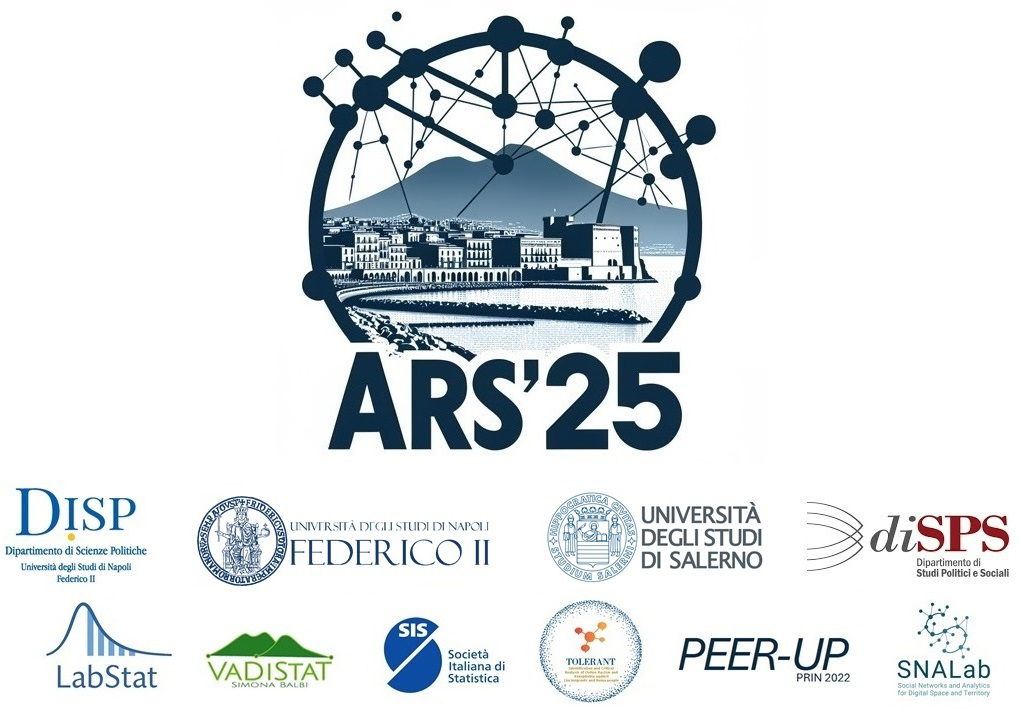Speaker
Description
There is a strong consensus in the social and health sciences that the quality, quantity, and diversity of social connections are vital for human well-being. Social relationships have intrinsic value and play an instrumental role in contributing significantly to physical health. As a result, disparities in social relationships not only reflect social inequality but also contribute to unequal health outcomes across different populations. This study investigates the structural and qualitative disparities in social networks among individuals, with a focus on socio-economic status (SES), urbanization levels, and migration background. We hypothesize that social disadvantages are reflected in the composition of social networks and the dynamics of support within them. Using data from the Multipurpose Survey on households of the Italian Statistical Society, we examine whether individuals with low SES, those living in less urbanized areas, and individuals with a migration background have social networks characterized by smaller sizes, reduced support provision and limited resources. To enrich our understanding of migrant populations and social integration dynamics, we complement official national statistics with insights from international and independent sources, such as ISMU, which provide valuable contextual information beyond institutional datasets. Additionally, we explore how network structure impacts health behaviors and perceptions.
Keywords/Topics
Health; Migration; Personal networks; Social network inequalities; Well-being

